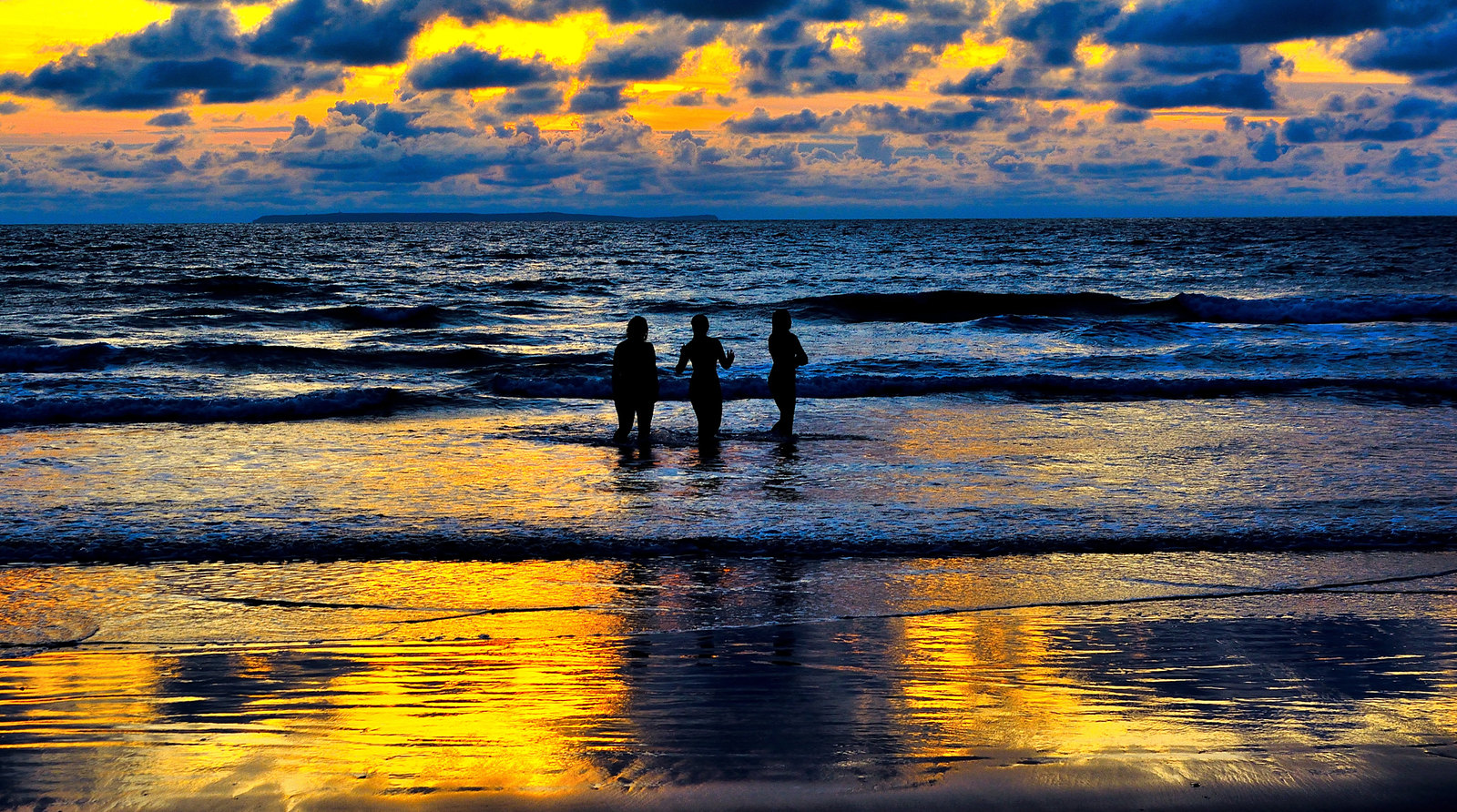Gratitude lessons
/Seven fifteen on a Monday morning.
I’ve managed to get the kids up and dressed. I didn’t manage to do my meditation before dawn. It was another interrupted night, but I’m at least half awake.
My fourth-grade daughter is eating her cereal when she cocks her head, frowns and declares, “I forgot about some homework for today. I have to find out about the Age of Gold and tell about it in class.”
We don’t live in one of those kind, gentle school systems with lots of second chances. There are cumulative consequences and my daughter is already struggling. She cares a little but not much, and her multiple learning disabilities make it easy for her to forget. This time she asks for help… nicely for a change.
The kids’ encyclopedias are missing from their places and both claim no knowledge of their whereabouts. I rush to start the computer. She has to leave by 7:30 to get to school in time. And the research info has to be in Czech.
Wait… “The Age of Gold?” I didn’t know there was one.
I do a quick Google search and find dozens of advertisements for gold jewelry, endless gratuitous references to something being “the golden age of …. whatever” and nothing on a historical “Age of Gold.”
“MOM! I’m going to be late!” my daughter’s voice isn’t nice any more.
Creative Commons image by Liz West
I try another type of search. I am sure by now that no one refers to an “Age of Gold” in English histories, but that doesn’t mean the Czechs don’t have one. It could have been the era when royalty in the valley of Bohemia got a bunch of gold for one of those ridiculous crowns that make you pity young medieval kings—for all I know.
“Stupid idiot!” My daughter curses her younger brother in a loud hiss from the hallway, “Get out of the chair! I want to sit there!” There is only one chair for putting on shoes in our tiny hallway.
He shrieks in pain. It’s the standard thing that happens if I’m not there to physically separate them while they get there coats and shoes before school.
And I come unglued.
I tried to help her because she did ask nicely and the consequences of completely blowing off the assignment will be harsh. There are no accommodations for kids with learning disabilities. But I make a massive effort to teach my kids both responsibility and kindness.
My daughter regularly has to do “do-overs”. to speak nicely or do push-ups and squats for hitting and pushing or do “time out” for total freak-outs. She gets the consequences of poor grades regularly and we talk about cause and effect while tucking the kids into bed.
It isn’t the forgotten (or possibly blown off) homework that really gets me. It isn’t even the constant hitting, pushing and general meanness, it is the utter lack of awareness that someone is doing something FOR her. I’ll admit that I’m oversensitive to this at the moment because I find it to be a chronic deficit among the adults in my vicinity as well.
In the environmental organization where I volunteer, we had a crisis a couple of months ago We had several major actions set up but no one willing to volunteer to guide journalists around the site and answer questions. I would have done it myself, except it all had to be done in a language I speak with an accent (and occasionally creative grammar). No one wanted me in that role—least of all me—so I went looking for volunteers with the promise of my presence and support.
Finally, I found a petite young mother who wasn’t in a position to do the major organizing roles or to do direct action—given that she had a toddler in tow—but she was passionate and wanted a volunteer job. So, with a crash course in media relations she went into action. For two months she threw herself into the task. Finally, we had the media issue covered.
But then a competent professional came along. As a journalist, I’ll be the first to admit that he knows his stuff and he’ll likely do a great job. But there was one small problem. He didn’t thank the young woman, who had set everything up for him and held down the fort through those first rugged months. The organizers didn’t thank her for saving our bacon back in August. She was overstepped by the professional and dismissed.
I also worked as a full-time volunteer for two months last summer. I had some time off of work and time when my kids were with their grandmother. Instead of taking that time to write a new book or study medicinal herbs, I threw myself into the struggle for climate justice because it is the burning issue of our times and self-respect demands it of me..
I didn’t go into it because I wanted to be thanked or even appreciated, anymore than the impromptu press spokeswoman did. But I will admit that the respect I felt from other activists for the work I did was a major source of my intense physical and mental energy in those months. It was a much needed boost.
Through the summer, I welcomed, nurtured and trained hundreds of new volunteers. And I have been thanked at times, and once the people in my closest team commissioned a chocolate cake with my name on it when I stepped down as coordinator to give someone else a shot at the role. Thanks isn’t why you do it, but it matters.
As I breathe in the crisp air of late autumn in my withered garden, I discover something unexpected to be thankful for. The power dynamics I witnessed as an activist this time around have given me an unforeseen gift—just the plot twist I needed for a novel outline I’d been stuck with for more than a year now.
I come in with my cheeks burning from the cold, get some tea and head to my writing corner. While last year my writing muscles were exhausted and I could barely get through these blogs, let alone start on another book, I’m ready. Really ready.
That is something to be thankful for.
I am, of course, thankful for the tree just outside my door. I’m thankful for my husband, imperfect as he is who none-the-less means I’m not doing it all alone. I’m thankful that, after long struggle, our children are home. I’m thankful for mostly functional technology that makes the life of a mostly blind person much easier than it otherwise would be. I’m thankful for the literal fruits of my garden, my animals and this first blast of cold winter wind. I’m thankful for the warmth from my radiator and other small luxuries, for the very fact that I can write and my words do not stay silent in a box.
Gratitude is the most necessary element of relationship, even when it is the mere acknowledgement of a helpful presence or a mundane task done well for others. Gratitude is likely at least part of the key that we are missing in our disconnected world.
I am not a vegetarian for health reasons. But I am mindful in the way I eat and live. My thanks goes out to the animals and plants that I need to eat in order to live. And I wonder how the global crisis of meat production might be altered if everyone would take a moment to thank each animal consumed. It isn’t that often or that much for most of us. Many cultures used to do it and that one thing alone, might make all the difference.
P.S. There isn’t an “Age of Gold” even in Czech. She meant the “Age of Bronze”. or the Bronze Age but got her metals mixed up. Another frantic search in which the only purpose was caring for a child as best I can.



















